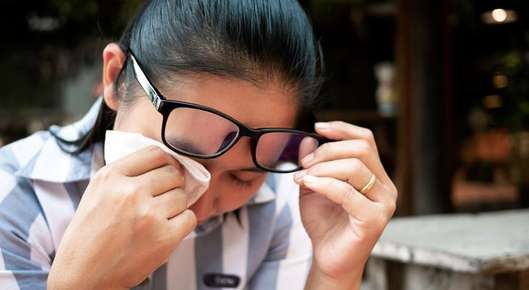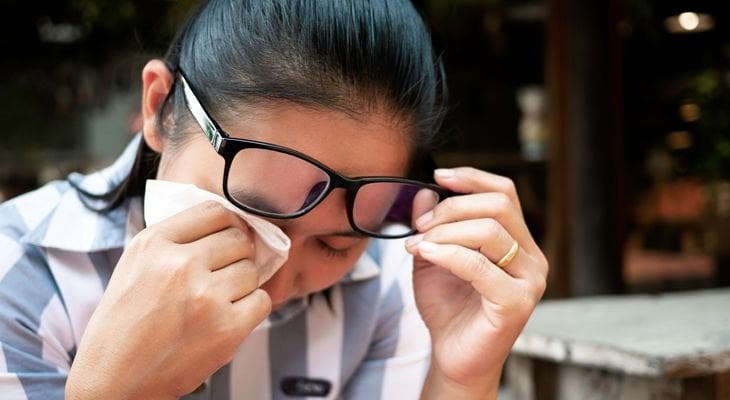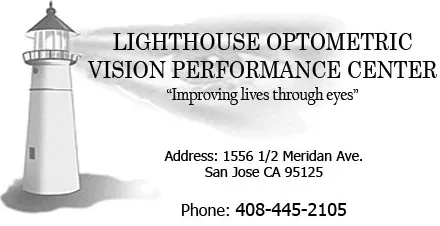

Acanthamoeba keratitis is a relatively rare type of eye infection, but it can become quite serious. If left untreated, Acanthamoeba eventually leads to vision loss, requiring a corneal transplant to restore sight. Understanding how to prevent this infection is key.
What Is Acanthamoeba Keratitis?
Acanthamoeba is a type of microscopic, single-celled organism known as an amoeba. Acanthamoeba live in all sorts of water sources. These parasites exist in tap water, natural bodies of water, wells, hot tubs, sewage, and can survive in the moisture in soil. When an Acanthamoeba infects the translucent, outer layer of the eye (the cornea), Acanthamoeba keratitis results.
Symptoms of Acanthamoeba Keratitis
The symptoms of Acanthamoeba keratitis include eye pain, redness, sensitivity to light, blurred vision, excessive tearing, and the sensation that something is stuck in one’s eye. These symptoms reflect those of more common eye infections like pink eye, and as a result the infection can be misdiagnosed.
If you experience any of these symptoms, it is important to see an eye care professional right away, as Acanthamoeba keratitis and other eye infections can lead to permanent loss of vision if not addressed immediately.
Who Is at Risk of Contracting Acanthamoeba Keratitis?
Individuals who wear contact lenses are substantially more likely to become infected with Acanthamoeba keratitis. Improperly cleaned and disinfected contact lenses, wearing contact lenses while swimming, bathing, showering, or hot tubbing also increase the risk.
Precautions against Acanthamoeba Keratitis
One can take several precautions against becoming infected with Acanthamoeba keratitis, such as always taking proper care of contact lenses, which includes cleaning and rubbing them after each use with a brand of contact solution recommended by an eye care professional. Disinfecting a contact lens case while not in use may also prevent infection. It is also recommended that contact wearers avoid wearing contact lenses while swimming, showering, or participating in any water-related activity. If a patient chooses to wear contact lenses in the water, airtight swimming goggles should be worn, and lenses should be removed for cleaning immediately after.
Diagnosis and Treatment
The Acanthamoeba keratitis infection is often mistaken for more common eye conditions, and usually not properly diagnosed until after the failed use of antibiotics. Once diagnosed, Acanthamoeba keratitis can be fairly difficult to cure, but is treated with topical anti-microbial agents. If symptoms persist, a corneal transplant might be necessary for the patient to achieve a full recovery.
